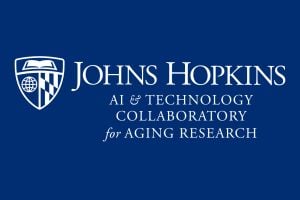Kimia Ghobadi is a John C. Malone Assistant Professor in the Department of Civil and Systems Engineering. She is an associate director of the Center for Systems Science and Engineering, a chair member of the Malone Center for Engineering in Healthcare, and a member of the Center for Data Science in Emergency Medicine, the Data Science and AI Institute, and the Institute for Assured Autonomy.
Her research focuses on using mathematical models, optimization techniques, and data analytics to solve problems in complex systems, particularly in healthcare systems and medical decision-making environments. She develops models and solution techniques in inverse optimization, mixed-integer programming, and online algorithms.
Her current projects include inverse optimization models for personalized diet, radiation therapy treatment planning for cancer patients, health systems capacity management and resource allocation, risk-assessment tools for falls in frail and elderly patients, timeseries predicting models and large language models in patient digital twins, COVID-19 simulation and impact on disparities, and scheduling and process efficiency in hospitals and home-cares.
Prior to joining the Johns Hopkins faculty in 2019, Ghobadi was a postdoctoral fellow at MIT Sloan School of Management and collaborated closely with the Massachusetts General Hospital on improving healthcare operations. She is a recipient of the INFORMS Judith Liebman Award and multiple fellowships, including the Canadian Natural Science and Engineering Research Council fellowships at both graduate and postdoctoral levels and the Johns Hopkins Discovery Award.
She received her bachelor’s in mathematics at Sharif University of Technology, her MSc and MEng in mathematics and computational science and engineering at McMaster University, and a PhD in industrial engineering at the University of Toronto. After her PhD, she worked with the University Health Networks and the Princess Margaret Cancer Center in Toronto on implementing automated radiation therapy treatment plans in clinical settings.



